Hello friends, Today I’m going to share with you How Have Data Acquisition & Data Science Changed in 2020s.
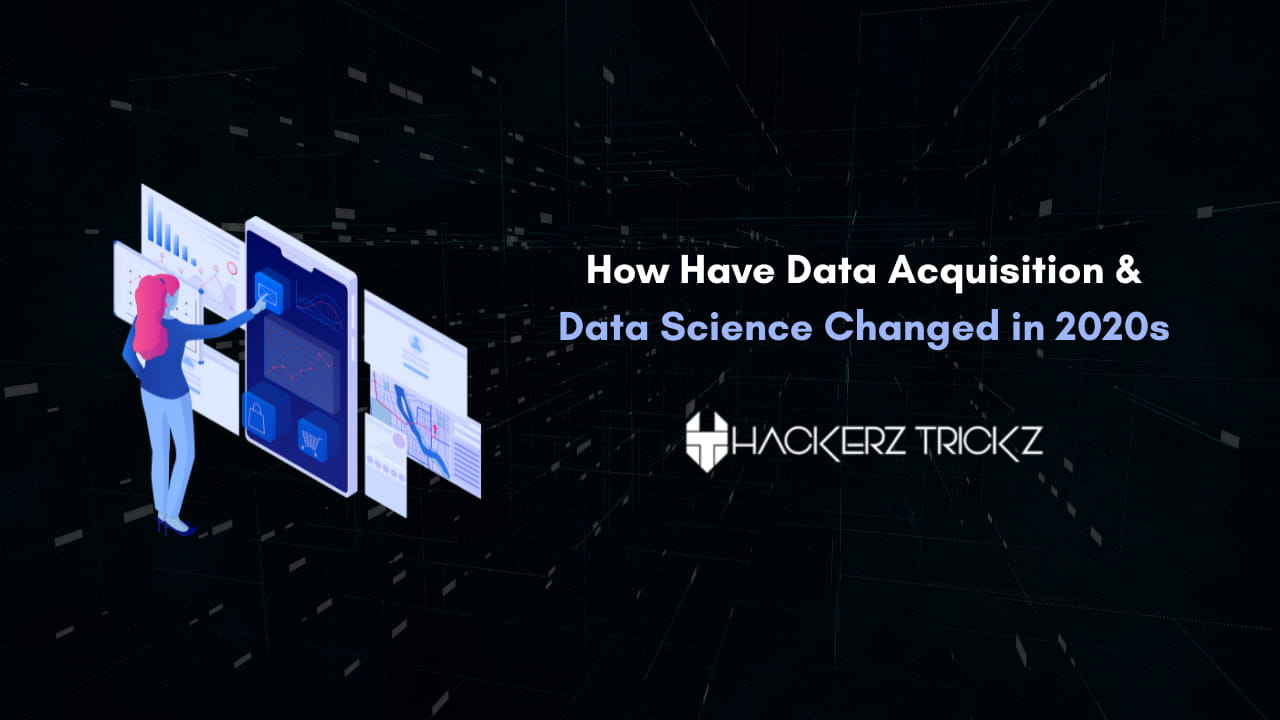
For a limited time, exclusive premium Accounts are being provided for free in our WhatsApp channel. Only 101 slots available, link will be deactivated once the slots are filled. Click here and Join ASAP!
Contents
How Have Data Acquisition & Data Science Changed Through the 2020s
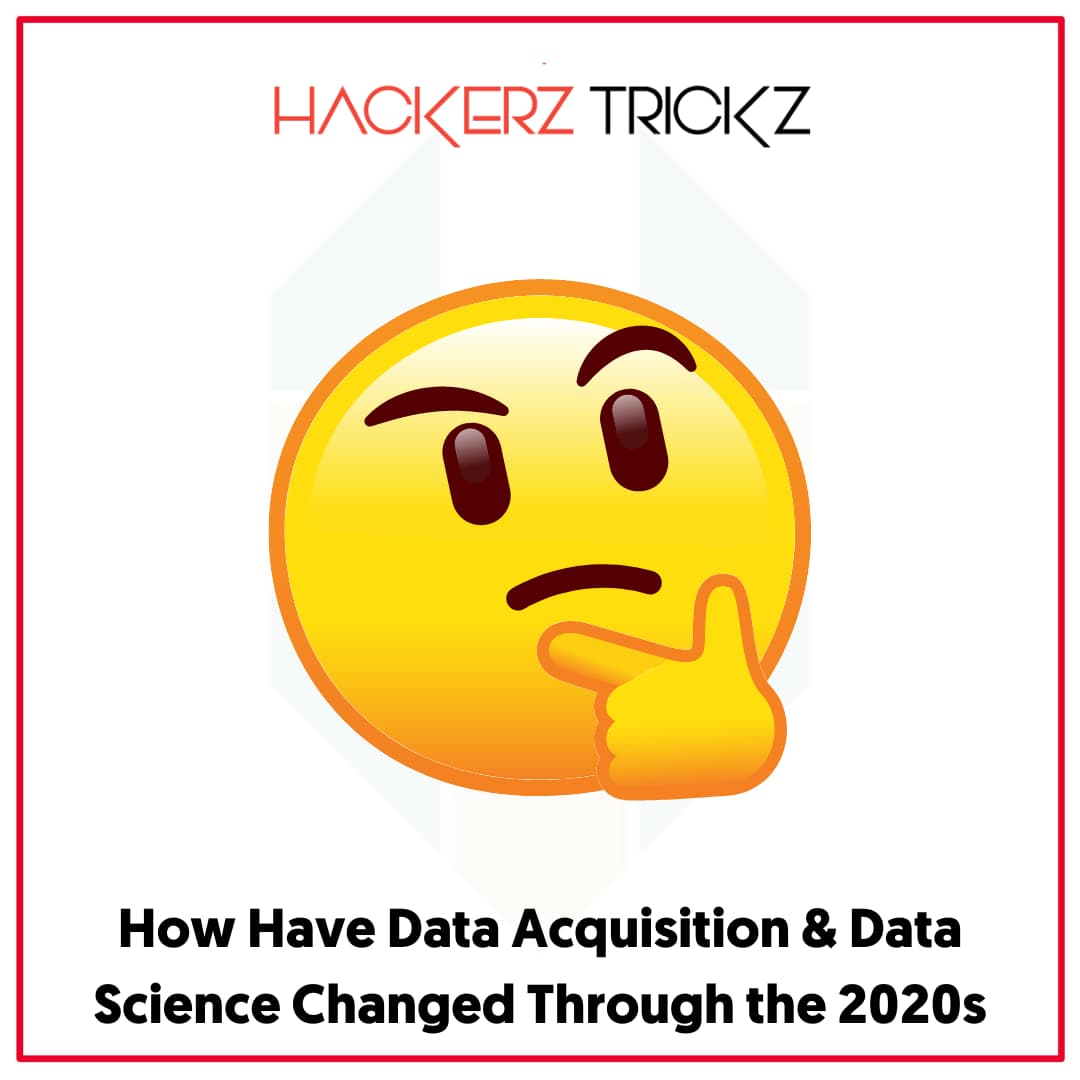
In recent years, there has been a rapid evolution in the role of data in the workplace. As data-gathering techniques become increasingly persistent and sophisticated, the role of the data scientist has evolved.
For the enterprise, new questions must be asked, and strategy must be developed in a way that embraces technology far faster than the original data scientists.
Understanding how a qualification such as the Masters of Data Science Online can fit into the workplace can be vital to succeeding as a business in this digital age.
Let’s take a step into these exciting new frontiers, and learn about how developments in the data science space enable change actors to drive purposeful growth in industries from aerospace to logistics.
Also Read – Working Free Crunchyroll Accounts: With Lifetime Subscription
New Frontiers in Data Acquisition
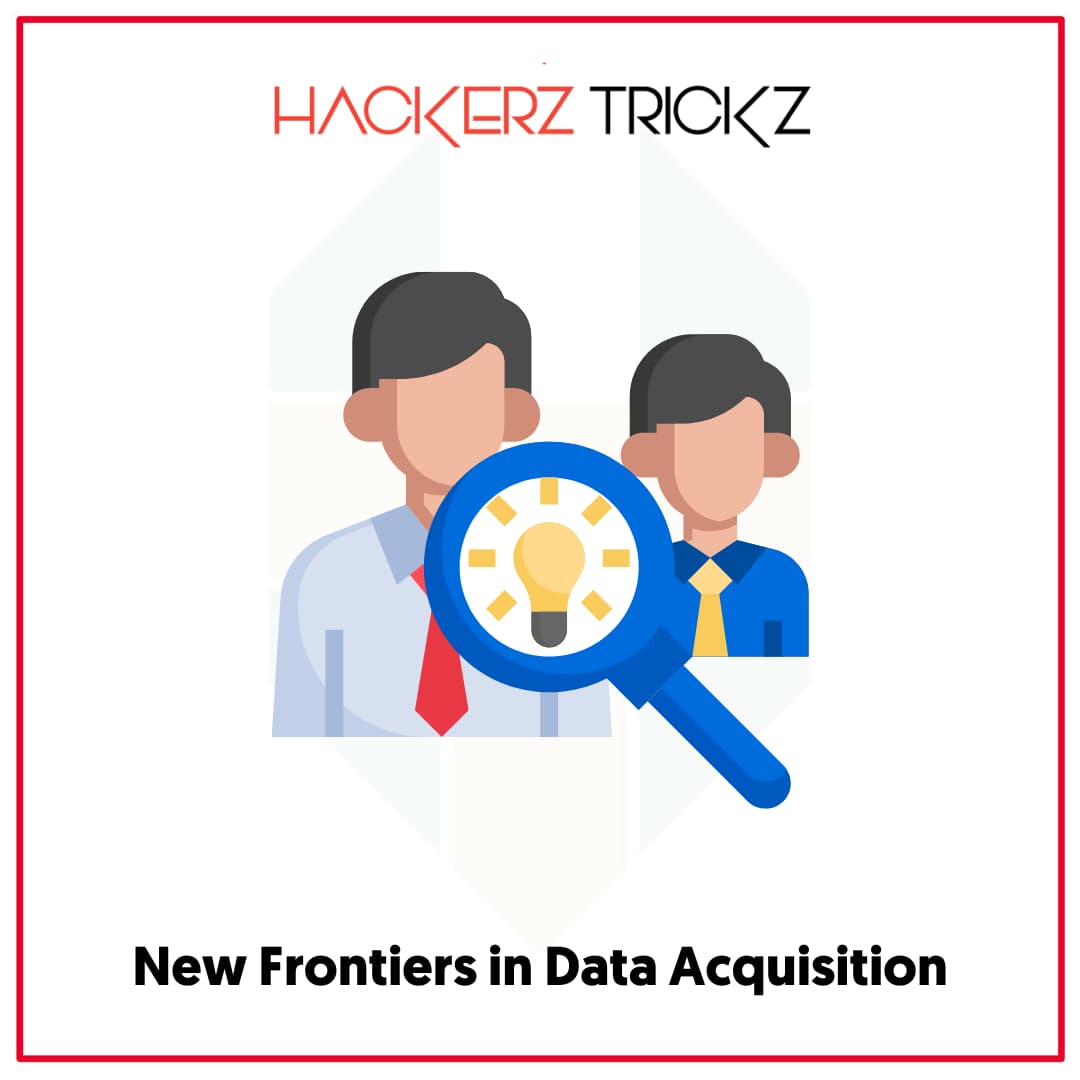
As the world has implemented new technologies into our everyday lives, opportunities have opened up for the acquisition and collection of data. Consider the invention of musical devices such as the Walkman and the iPod.
At the time, they provided an opportunity for people to purchase music, in a format that could enable them to listen to the music they liked when it was convenient for them.
For businesses, data was limited – perhaps a shop had a sales history for the songs that you liked.
As the music industry has shifted towards music streaming, and the notion that a song is available for a subscription and not a purchase, the ability of providers such as Spotify or Apple Music to gain an insight into your listening habits have been immense and far-reaching. After all – at this point, who hasn’t heard of Spotify Wrapped?
This shift from simple data gathering, such as sales figures, has flipped too much more complicated data collection methodologies, such as internet cookies, usage patterns, and location tracking.
The sheer number of data points available to a typical user has evolved drastically – and as digital development continues to evolve, we can only speculate what new frontiers may emerge in data acquisition.
Also Read – 100% Working Free IXL Accounts: With Unlimited Practice
The Evolution of Data Management and Strategy
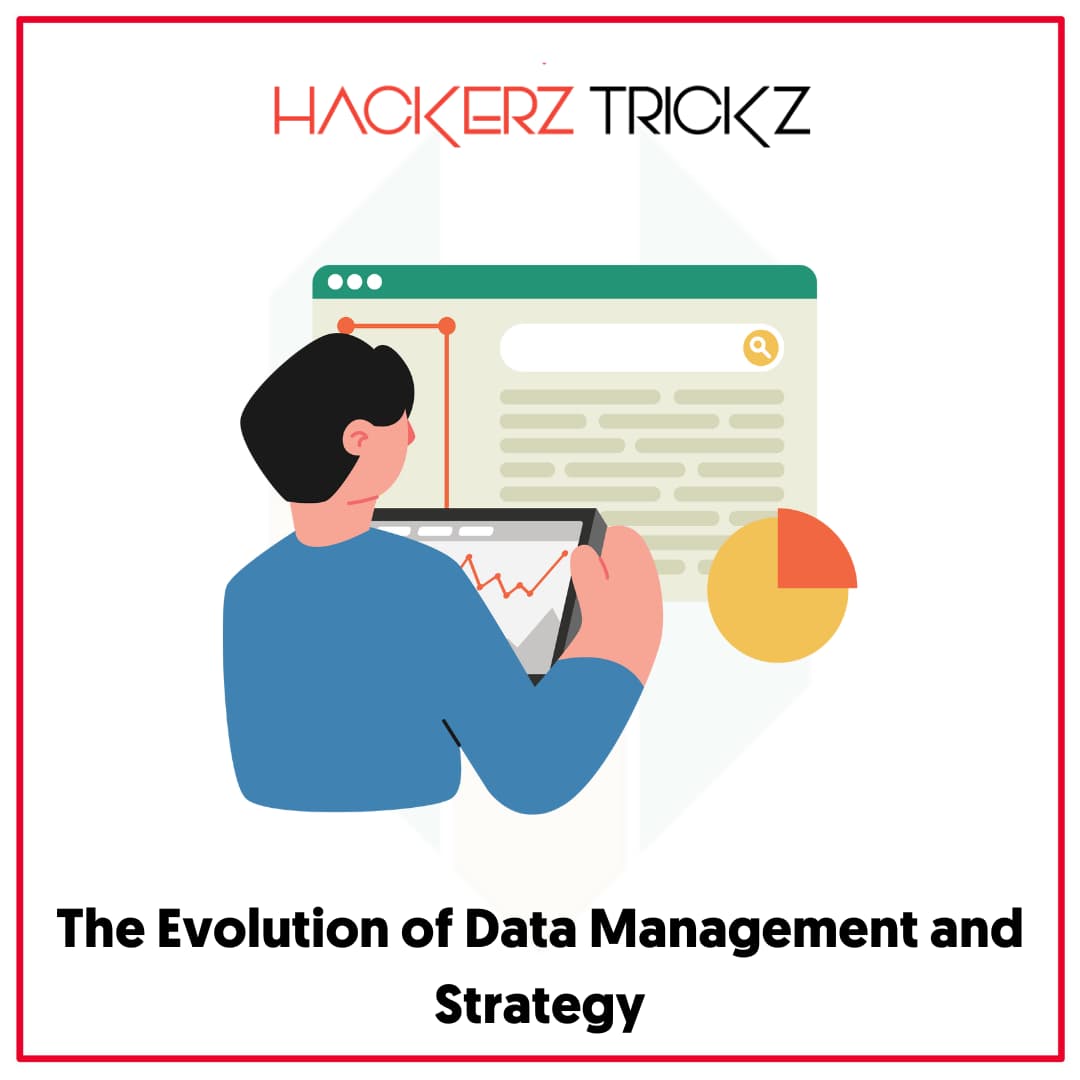
It’s important to note that while there is an ever-increasing volume and variety of data available to businesses, it is important to consider the role of data management and strategy in a contemporary workforce.
No business wants to endure the brand damage of a data leak, and it’s essential to consider the inherent risks of data management at any workplace.
In recent years, there’s been a drive toward responsible data management. With executive committees looking much more closely at the data they manage and the strategies they have in place, it’s essential that data teams consider the way that data is stored, serviced, and managed.
Whether it’s a small business looking to develop its data platform, or a multinational corporation looking to secure its data functions, the role of evolving data management and strategy in the workplace has become critical to management teams all over the world.
Also Read – Working Free Battle.net Accounts with Premium Games
A Paradigm Shift in Data Science
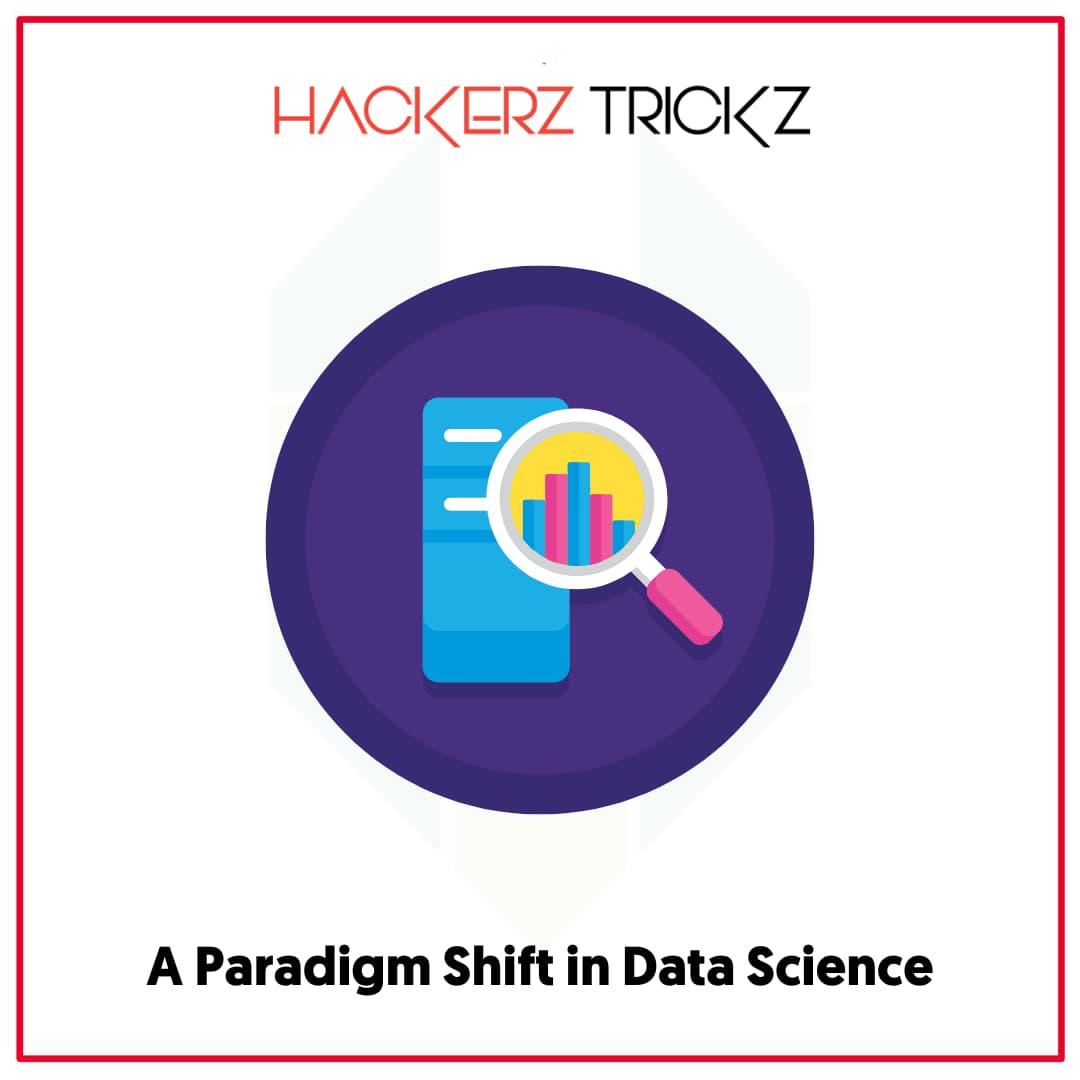
The shift in data science has driven immense organizational change in recent years. In decades past, a data scientist’s role typically focused on the use of statistical models to generate business insights, typically to be presented at a C-suite or executive level.
While in many businesses, data scientists still hold a traditional ‘test, analyze, review’ role, there has been an emergence of data professionals that hold data science qualifications but hold non-traditional data scientist positions within a firm.
In particular, there has been a growing divergence in how data is used in the workforce. In many cases, a paradigm shift has occurred, not unlike the impact of the computer in the workforce of the mid to late 20th century.
As data volumes and the technology to manage them evolves, we may see even more development in this space.
Data practitioners typically work in different areas of the business – no longer in a strict executive role, data scientists may be able to act in the role of a business intelligence (BI) analyst, providing strategic insights to stakeholders across all levels of a business.
For those that work in areas where a high volume, velocity, or variety of data forms their everyday work practice, data scientists may develop in a manner that uses contemporary data storage technologies (such as data lakes) to develop machine learning and artificial intelligence (ML & AI) models that can understand the past and contribute to a predictable future. One such example of this is the use of weather forecasting models in modern aircraft logistics fleets.
By implementing modelling that can understand the path and patterns of storms in an area, a logistics partner can develop an alternative strategy in the case that a supply route is cut off due to bad weather.
These sorts of predictive technologies don’t currently form a part of a traditional data scientist role, but as data evolves in the corporate world, it may be important to consider how change can be implemented, using smaller samples of a much larger dataset.
Also Read – 100% Working Free RAID Shadow Legends Accounts
Data Leadership – Future Critical
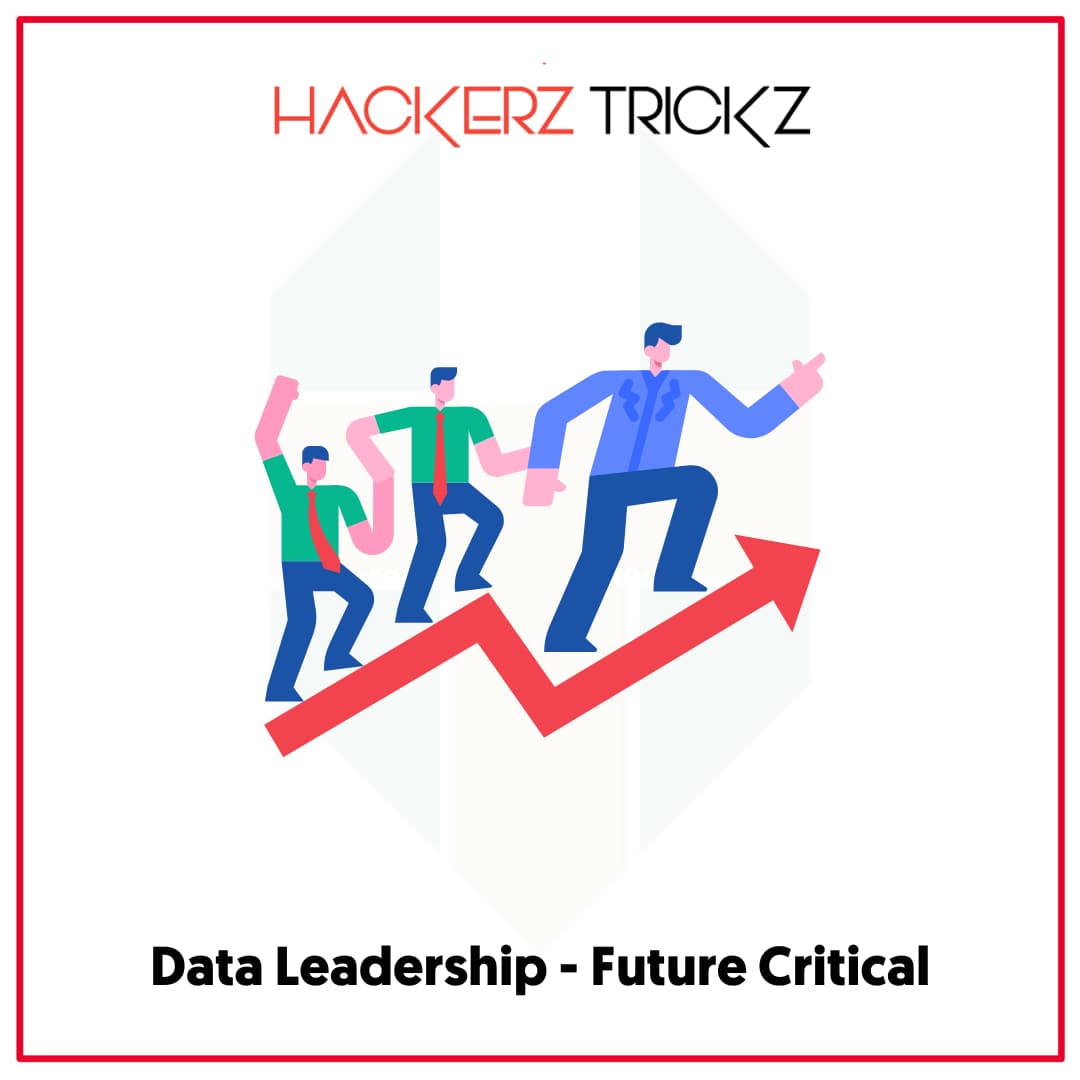
As the world changes around us, data is going to be increasingly critical in forming business decisions. In this decade alone, major global events such as pandemics and war have changed the face of the world we live in.
For a heavily digitized world, understanding underlying patterns and being able to adapt successfully to changing situations will be critical for future success.
No business is immune to the damage that poor business decision-making can have, and as such, it’s essential for leaders to rise up to the data challenges facing the businesses of tomorrow.
Also Read – Working Free Renegade Raider Accounts: Premium Skin for Free
Applying Data Smarts – Hiring Wisely
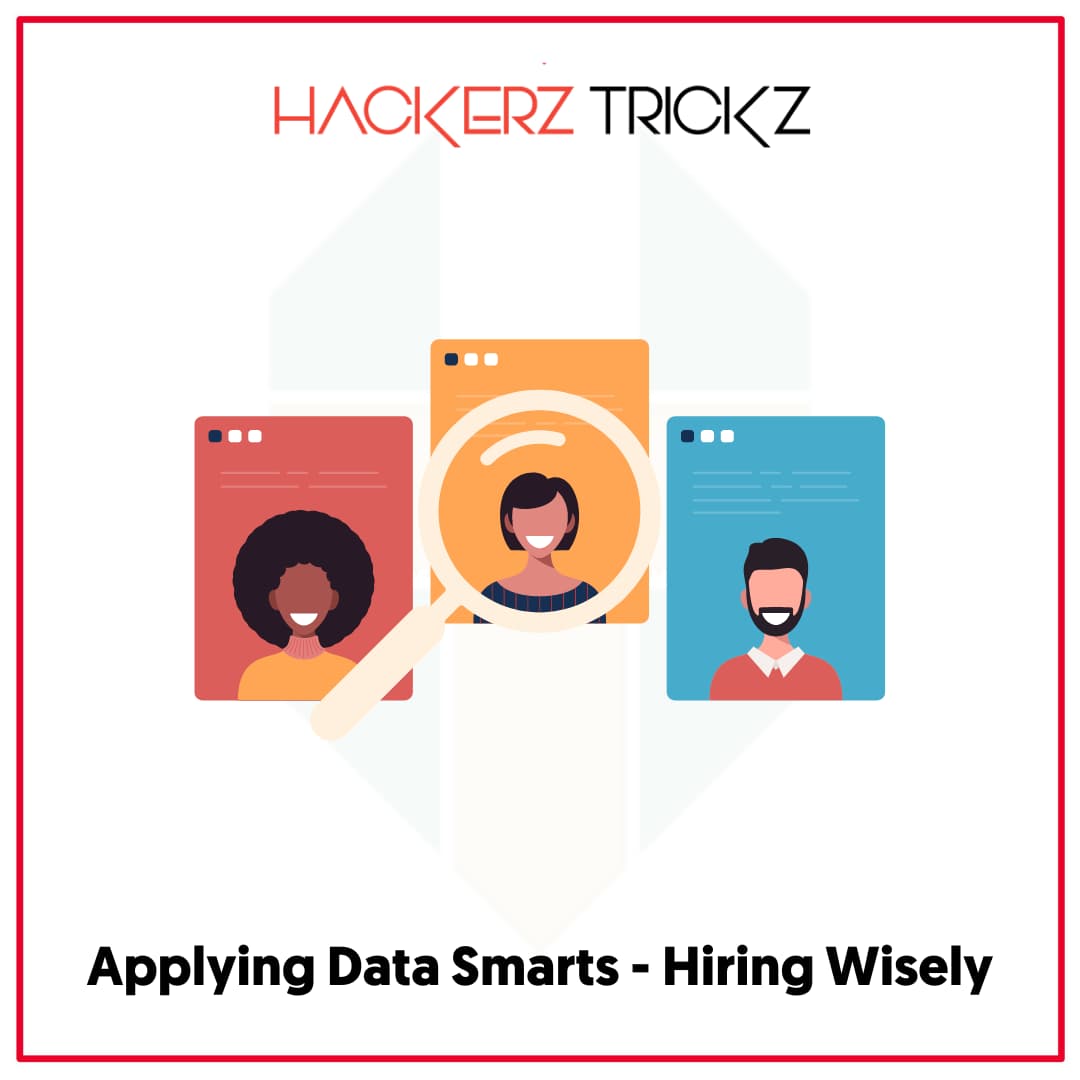
There’s little doubt that demand for data scientists is growing at a rate far exceeding traditional roles. In fact, many employers are desperate to hire data scientists – and it’s important that employers consider their needs wisely.
Having a solid data strategy and a vision for where you’d like to get your data to is a great start. By setting a solid foundation for growing your data team, you can put yourself ahead of the competition and attract some of the best talent available today.
To be set up for success, businesses should consider all components that form their data strategy, and the way that they can best position themselves to leverage the knowledge of modern data scientists in their organization.
For the potential data scientist, exploring career pathways is a great way to get your data journey started. While it can seem intimidating, data roles are available across almost every industry – and for the passionate individual, an incredibly rewarding career.
